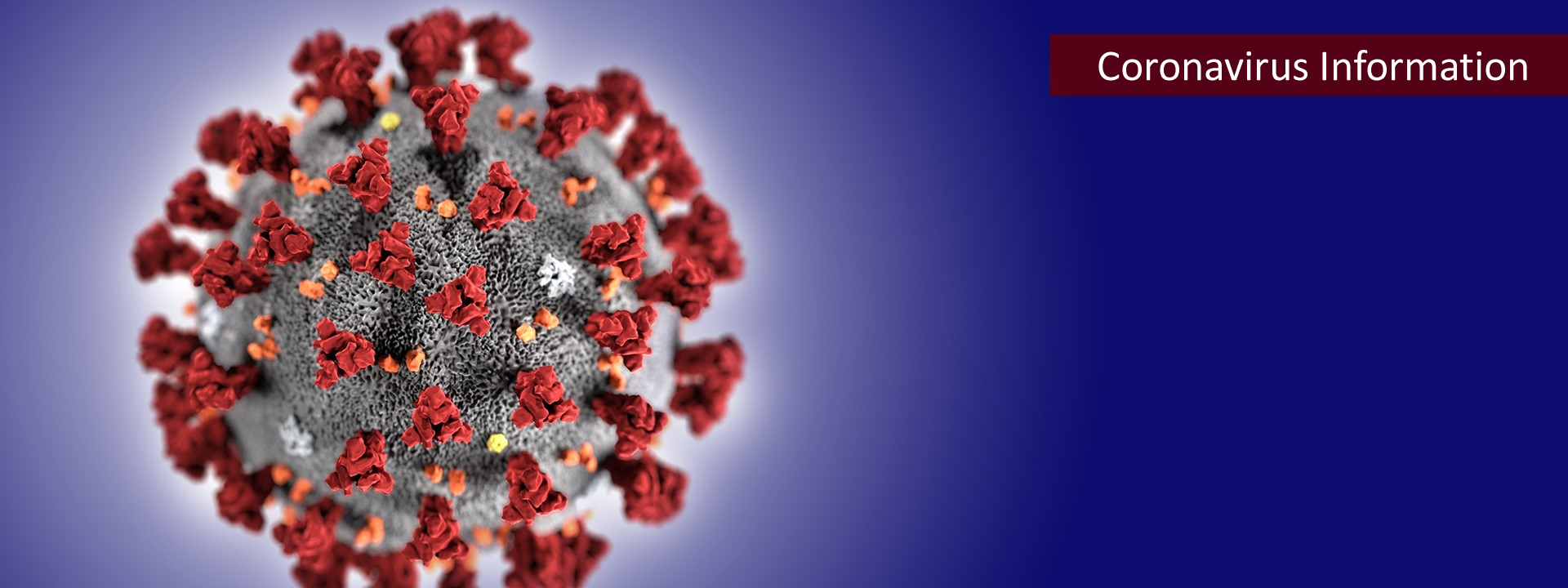TSU Researchers
Guidance During COVID19
How are research efforts being managed?
While some research will be put on hold, we have plans in place to allow core research operations to continue. Those of you who are conducting research will be hearing from the Associate Vice President for Research and Sponsored Programs, Dr. Frances Williams.
This communication provides additional information for Tennessee State University researchers in regards to COVID-19:
- While there currently are no restrictions on accessing research laboratories, the Division of Research and Sponsored Programs (RSP) recommends that all researchers/research directors establish contingency plans in the event of a full laboratory or campus closure.
- Researchers (students, faculty, staff) in laboratories are the responsibility of that area/unit. Only trained, authorized personnel should have access to laboratories. Keys or badges should not be loaned to any personnel.
- Research can be continued with graduate students but research advisors should continue to exercise extreme caution and be certain not to start new projects that could be thwarted if the university has to limit access to the campus. Further, researchers should be flexible in working with students who may be facing health challenges and encourage them to stay home if feeling ill.
- Principal Investigators should make sure that they contact RSP in advance about any upcoming proposal submissions to develop a plan for submission in the event that remote submissions are required.
Researchers should implement plans to reduce the impact of COVID-19 on their research programs:
- Identify emergency personnel that are knowledgeable about actions to take in the event of suspended operations.
- Make sure your research group/lab members are aware of the laboratory’s communication plan for sharing and obtaining updates.
- Ensure your researchers have access to information and resources to work remotely (remote access to data and servers, videoconferencing capabilities for virtual meetings).
- Develop a plan for prioritizing research tasks. Initially focus on research that can only be conducted in the laboratory and save tasks that can be performed remotely for later (data analysis, etc.)
- Consider the preservation of samples, etc. if you are not able to return to the laboratory every day.
WHERE TO FIND LATEST NEWS
To review the current information regarding campus operations and Tennessee State University’s response to COVID-19, please visit this same site: www.tnstate.edu/update.


